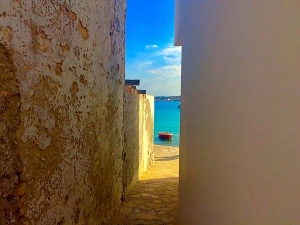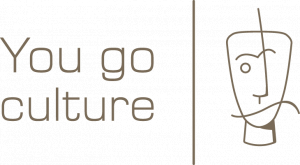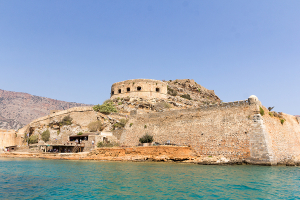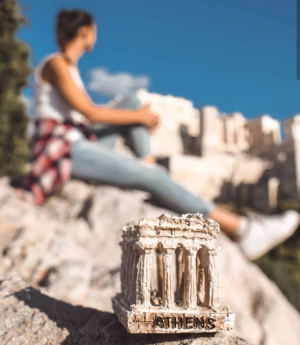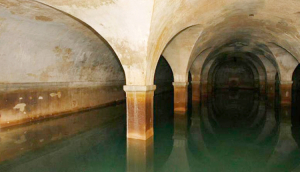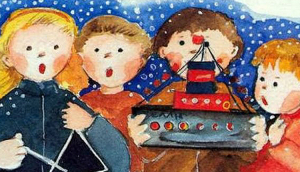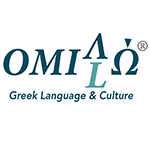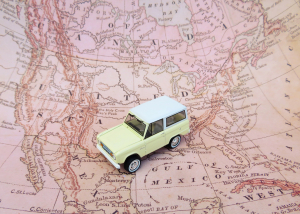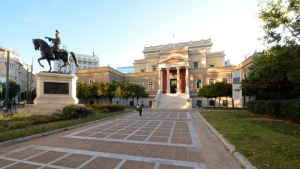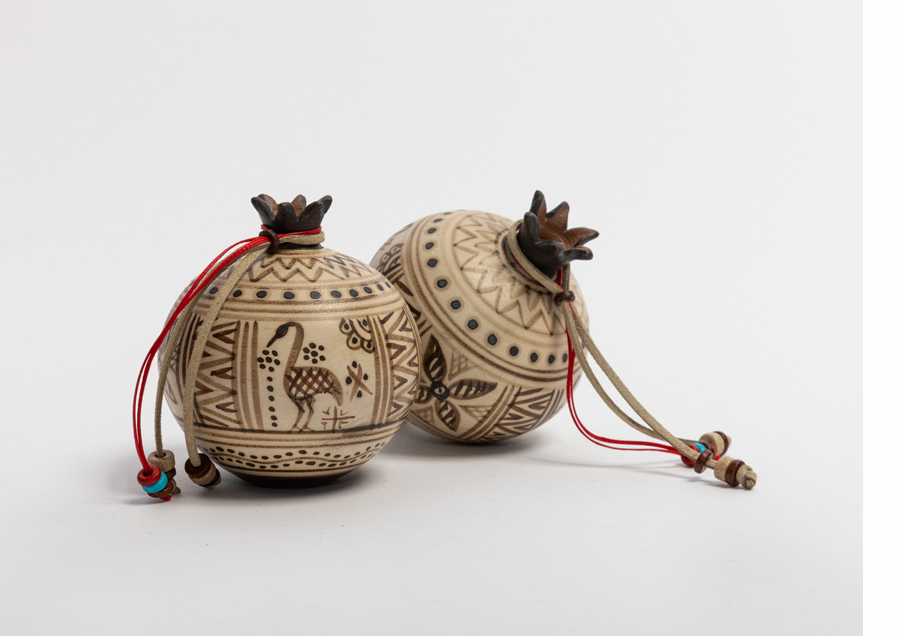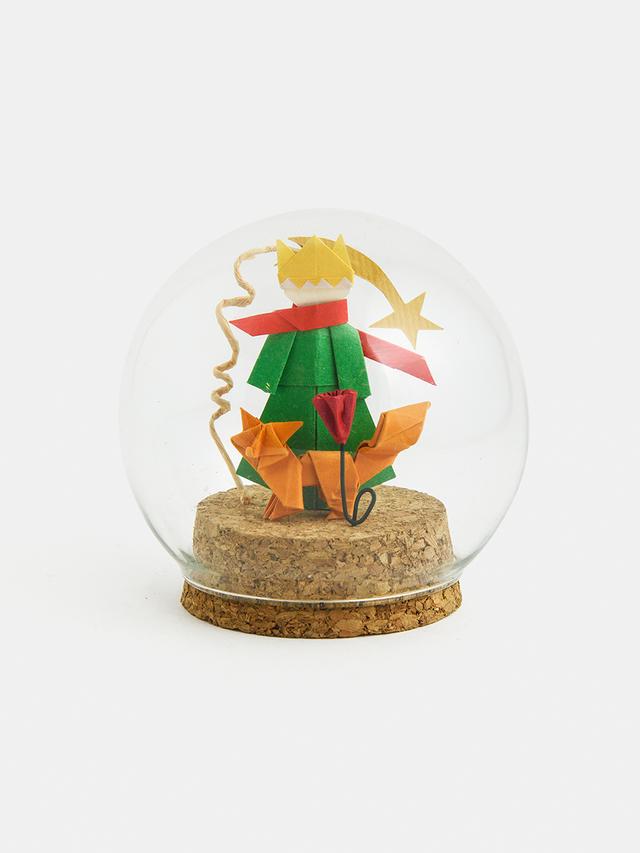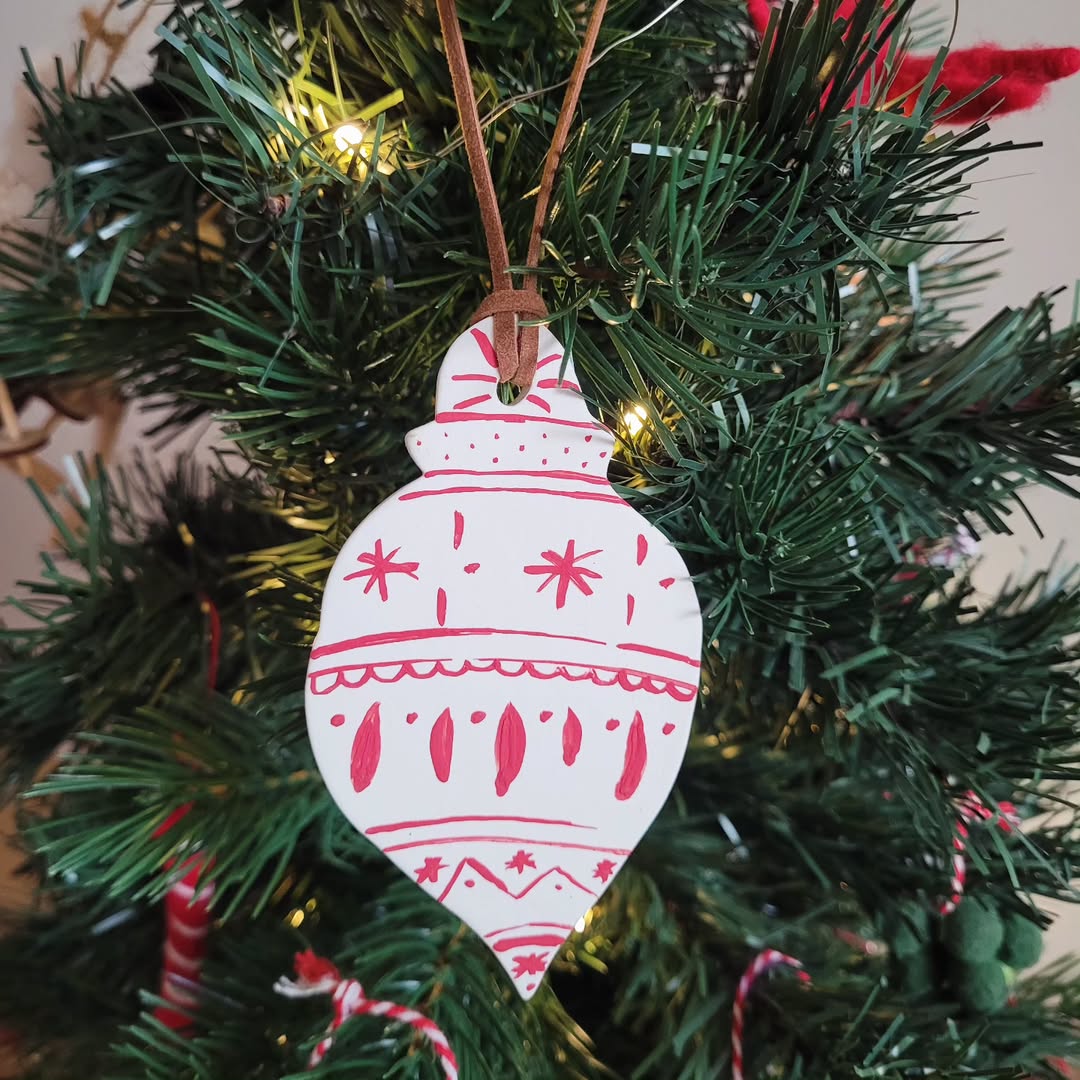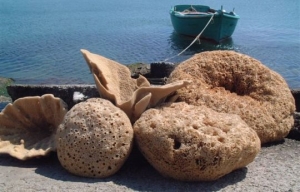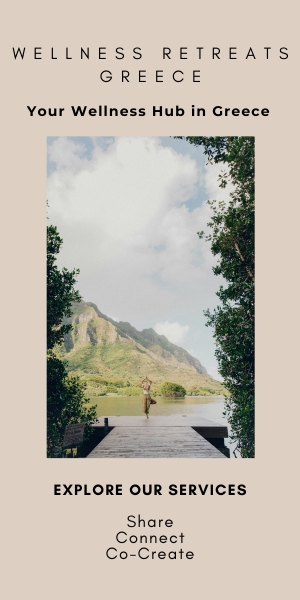The suggestion that ancient Greeks reached America before Columbus may seem far-fetched, but certain researchers think otherwise.
The idea is based entirely on a new examination of a dialogue written by the Greek historian Plutarch, who lived from 46 to 119 AD.
Dr. Ioannis Liritzis, a professor of archaeonomy (the physics of archaeology) at the University of the Aegean studied Plutarch’s text and came up with a theory that ancient Greeks did indeed reach America.
In Plutarch’s text, “On the Face Which Appears in the Orb of the Moon,” commonly known as “De Facie", Lambrias asks Sylla the Carthaginian to retell a story he had heard from the servants of the temple of Cronus in Carthage. Sylla tells Lambrias about a traveler who visited the temple after returning from a long journey to a distant, vast continent.
Greek scientist claims Greeks voyaged to America
Dr. Liritzis bases his theory on scientific data in a paper co-written with astronomer Panagiota Preka-Papadema, philosopher Konstantinos Kalachanis, meteorologist Chris Tzanis, and information technology consultant Panagiotis Antonopoulos.
According to the traveler in De Facie, new travelers would make the journey to the great continent roughly every 30 years, when the planet Saturn appeared in the constellation Taurus.
The researchers argue that the Greeks could have used their detailed knowledge of astronomy to pinpoint the locations of Atlantic currents that could move them westward.
A total eclipse of the sun appears in the story described by the traveler in De Facie; the Greek research team searched five millennia of eclipse records to find one that met the parameters of the dialogue.
The researchers settled on one eclipse, which took place in 75 AD. Using astronomy software, Dr. Liritzis’ team saw that in the decades around this eclipse, Saturn would have indeed appeared in Taurus during three periods: from 26 to 29 AD, 56 to 58 AD, and 85 to 88 AD.
The team used the 75 AD eclipse to calculate the timing of the conversation between Plutarch’s informant and Sylla, who had traveled to the great continent.
Based on this, Liritzis and his colleagues timed the trip itself to the period when Saturn was most recently in Taurus, i.e. 56 AD.
The researchers postulated that preparations for the journey described by Sylla would have started that year. The travelers would have arrived in North America in 57 AD.
The ancient Greeks stayed in America for a year and sailed home in the fall of 58 AD when Saturn moved out of Taurus. This was the most recent voyage to the time of Plutarch’s writing.
According to the text, such journeys must have taken place every 30 years over a span of several centuries, the Greek team assumes.
Geographic descriptions support the theory
Analysis of De Facie takes clues from the geographic descriptions made at the time as well. Plutarch’s text mentions a “great continent” beyond the isle of Ogygia, which, according to the text, is itself a five-day trip by trireme west from Britain.
Plutarch also wrote that the Greek settlers accessed the “great continent” through a bay that lines up with the Volga River delta, the northern entrance to the Caspian Sea.
Liritzis referred to Google Earth and drew a line from this location across the Atlantic, and found it led to the Gulf of St. Lawrence in Canada.
The scientist says the ancient Greek settlers may have journeyed to today’s America for the sake of exploration, for riches, or for religious purposes.
He says that they would have made the journey when Saturn was in Taurus because they closely followed astronomical phenomena associated with Kronos, the father of Zeus.
The Antikythera Mechanism, a sort of astronomical computer for ancient Greeks, supports the theory that they followed the movements of the stars and planets closely.
To read this article in full, please visit:
greekreporter.org


